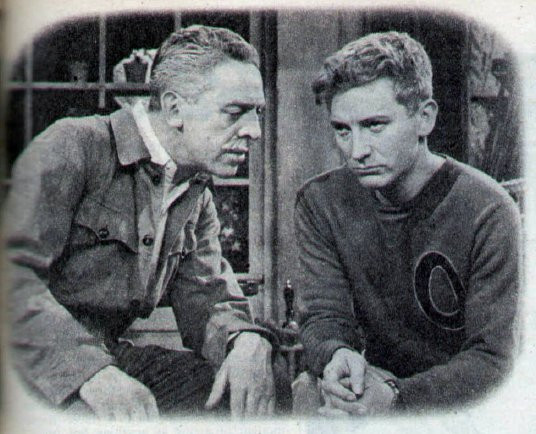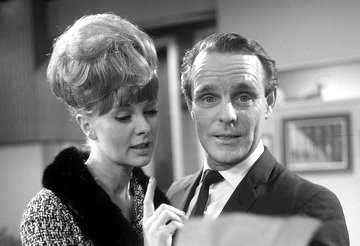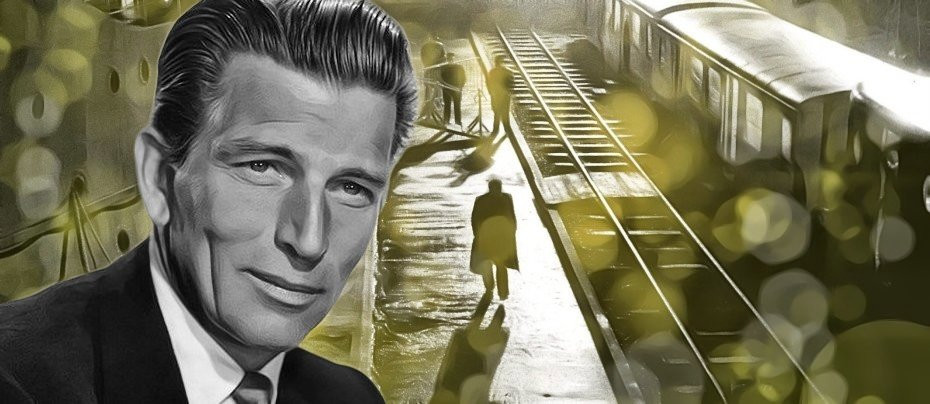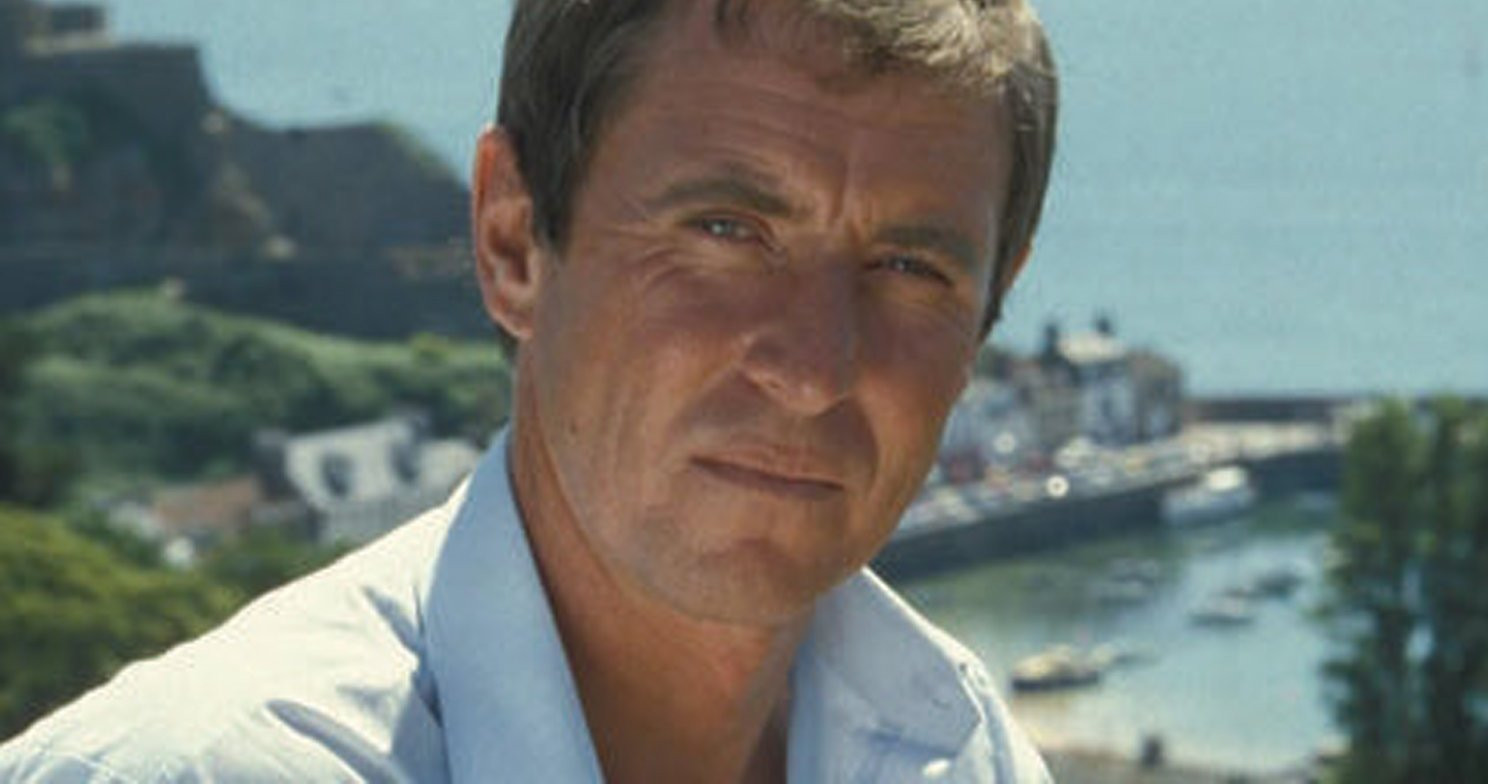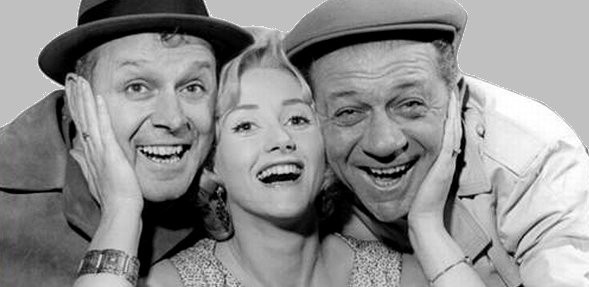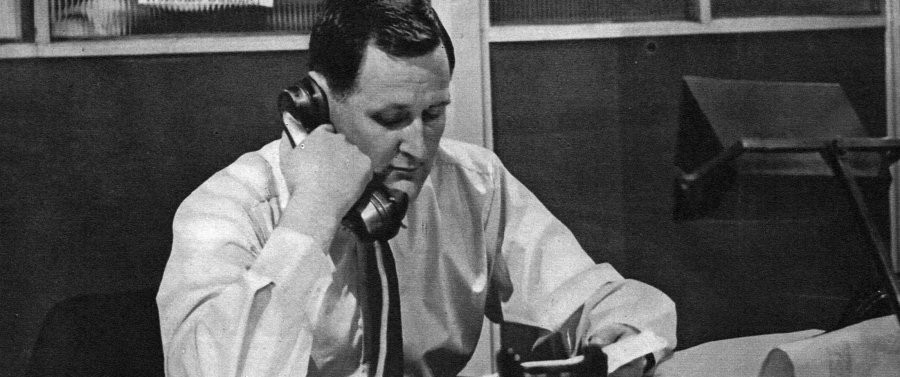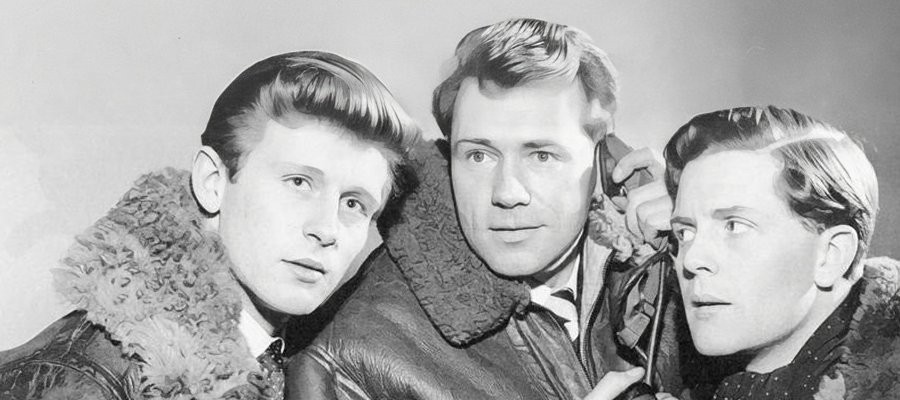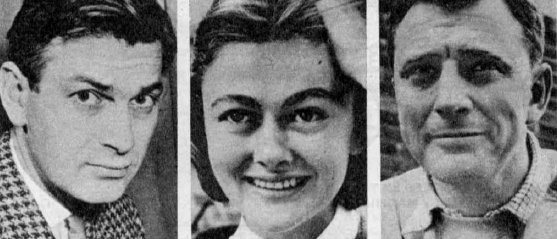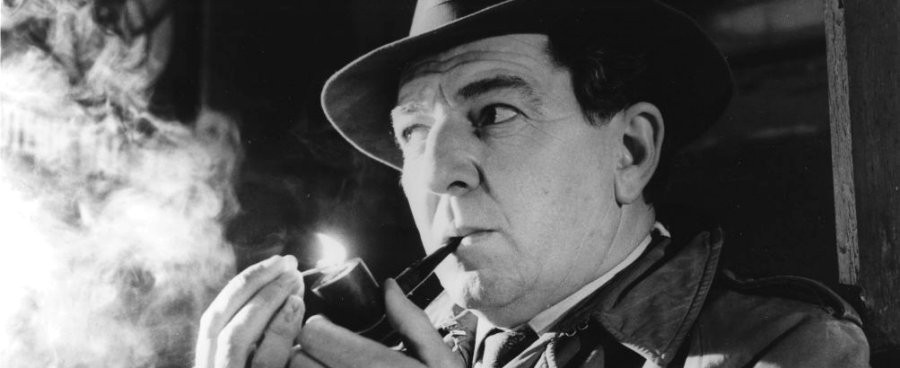
Maigret
1960 - United KingdomWith its haunting Ron Grainer theme tune and classic opening sequence showing Maigret striking a match on a wall before lighting his pipe, Belgian novelist George Simenon's Parisian detective came to life on British television screens in 1960 and soon became a firm television favourite.
Already immortalised in some 150 stories and having previously been given a cinema release in a 1957 France/Italy co-production starring Jean Gabin ('Maigret Sets a Trap'), Simenon approached the BBC with a view to selling the TV rights for his famous policeman on the grounds that they were the only company that could do it justice.
Cast in the part of the down to earth Surete detective, a compassionate yet implacable hunter who worked the streets of Paris among the squalid bistros and sordid apartments, was ex-prisoner of war hero Rupert Davies, a choice that Simenon himself wholeheartedly approved of. Remembering the role in a 1964 interview Davies said "When Andrew Osborn, the producer of the show, offered me the part on Good Friday in 1960, I knew very little about Maigret. I knew he was a famous French fictional detective, but that was all." Rather than read the books to get the character Davies thought it would be much better to meet Maigret's creator and hear from him what he was like. The BBC agreed and a meeting was set up with Simenon in Luasanne.

"The moment Simenon saw me he shouted: "C'est Maigret, c'est Maigret. You are the flesh and bones of Maigret!" Recalled Davies. "That was a wonderful beginning. Then he drove us to his lovely chateau in the village of Enchandens, where I met his wife. Later he began to coach me in Maigret's idiosyncrasies." Some months later, with the completion of thirteen episodes, Davies took two films over to Simenon for his first view of the series. "Both Georges and his wife were delighted," exclaimed the actor. However, Davies was to be disappointed by the BBC's inability to sell the series to America. "It seems we were too naughty for them," he said. "They considered Maigret too casual about sex. One American TV boss said that a sexual sin must never be shown to pay and that this was not emphasized in Maigret. Ladies of easy virtue were shown as quite delightful young people and Maigret not only spoke to them politely, he even bought them the occasional drink. I'm afraid the Americans thought Maigret's manner much too free and easy, and they were quite shocked when he would ask a girl a straight question like: "Did you go to bed with this man?" So although the Canadians bought the series the American's didn't."
Davies was keen to break away from the terminal (in career terms) type-casting that his three-year stint on the show had brought him, claiming that he felt as though it had made him a prisoner for the second time in his life. However, it was a part that he reluctantly returned to in 1964 as host of the series Detective and in spite of a disastrous attempt to make another cinema release (Davies walked off the set in disgust) he returned to the role yet again for a one-off 1969 production (Maigret at Bay), and prior to that he supplied the voice of Professor McClaine in the Gerry Anderson puppet series Joe 90. Rupert Davies died in 1976 just 60 years of age, having given life to one of television's most famous and enduring detective creations. And to this date it his portrayal that has been the definitive.
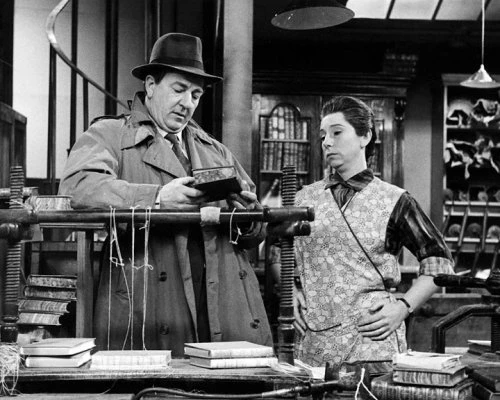
The character was revived for two ill-advised TV revivals, the first an HTV produced 120 minute TV Movie starring a disastrously miscast Richard Harris and then as a short-lived series from Granada in 1992, starring the usually excellent Michael Gambon. However, this series suffered from changes to the character, which transformed the implacable hunter of criminals into little more than a stolid, workmanlike and uninspired plodder. Often described as the thinking man's detective, and vividly drawn in the Davis interpretation of the character, Maigret solved crimes (aided and abetted by his sidekick Lucas) by analysing character, interviewing his suspects and getting to know every aspect of them intimately.

The most recent attempt to revive the character on the small screen (at the time of writing - November 2024) was from ITV. The series is set in France in the mid-1950s and self-confessed Maigret fan Rowan Atkinson, best known for his comedic roles in Mr. Bean and Blackadder, does an admirable job of recreating the character. Atkinson's Maigret was a calm, methodical, and stoic detective who operated with a quiet intensity. While not as flamboyant as some previous portrayals of the character, he managed to capture Maigret's deep empathy, moral centre, and insightful nature.
Critics had mixed reactions to portrayal though. Some appreciated his quieter, more nuanced approach, arguing that it suited the character’s cerebral nature. Atkinson's subtlety was praised, and he was seen as a good fit for the role due to his capacity for playing characters who observe more than they react. However, others were less convinced, citing Atkinson’s well-known comedic background as a potential hindrance to fully capturing the gravitas of Maigret, a detective known for his serious demeanour.
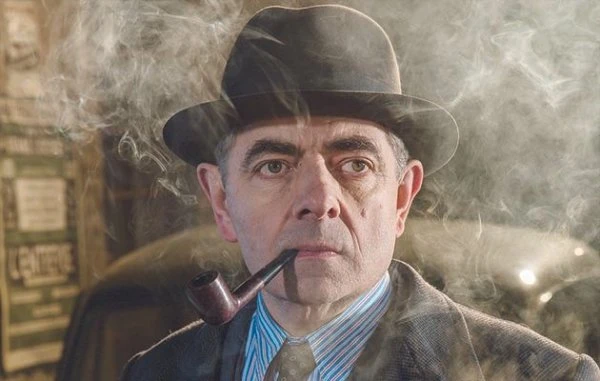
While some fans of the Maigret books were intrigued by the idea of Atkinson in the role, others were disappointed by the divergence from the more traditionally rugged or authoritative Maigret. It was clear that his portrayal was not attempting to replicate past interpretations but rather to offer something fresh—though it did not always resonate with long-time fans of the books or the television adaptations.
In the end, the series' brief run likely reflected both the constraints of Atkinson's other commitments and the uncertainty of how well his interpretation resonated with the audience. While the adaptations may have had their merits, the limited number of episodes meant that Atkinson’s Maigret never fully had the chance to build an enduring legacy.
The 1960s version then, remains the definitve. Maigret's striking of a match on a wall not only represented the light of justice being brought to bear on the darkness of crime, but for millions of avid television viewers in this era, it also gave the promise of a superlative BBC produced crime drama of the highest order. As creator George Simenon so accurately pronounced: "C'est Maigret, c'est Maigret", indeed.
Seen this show? How do you rate it?
Seen this show? How do you rate it?
Published on November 30th, 2024. Written by Laurence Marcus (2002 & 2024) for Television Heaven.


